The Latner Thoracic Research Laboratories is a leader in the field of lung transplantation, with pioneering research focused on understanding the mechanisms of lung injury and repair, extended organ preservation and thoracic cancers.
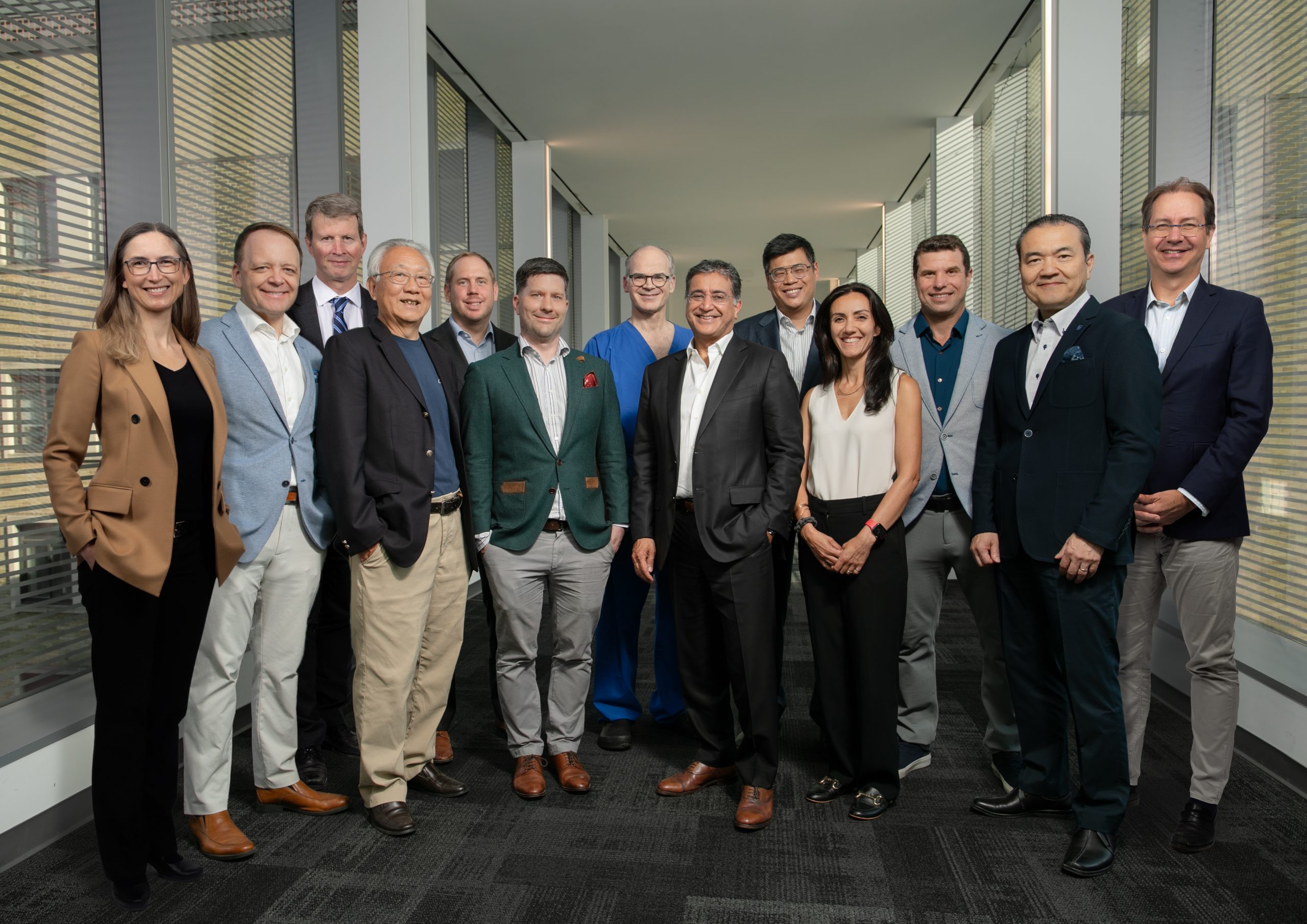
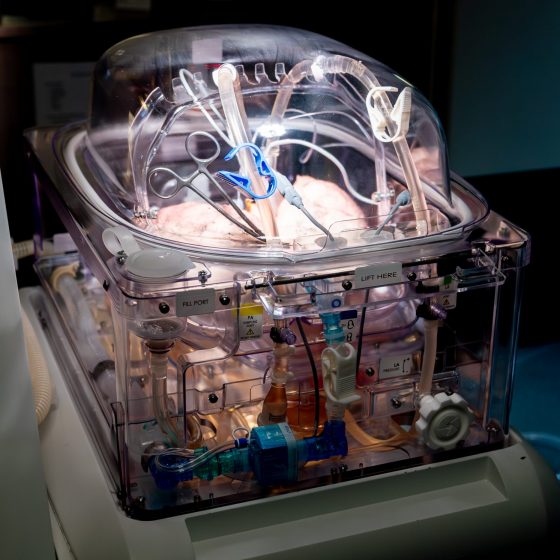
The scope of research at Latner Labs spans fundamental science discoveries to first-in-human applications, with a collective aim to advance transplant medicine and bring innovative solutions to the patient bedside.
Our multi-disciplinary team is currently composed of 13 clinician-scientists, 70+ trainees and 30+ support staff spanning expertise across transplantation, respirology, cancer, bioengineering, pathobiology and immunology.
Latner Labs is a member of the Toronto General Hospital Research Institute at UHN, and centrally located in the Princess Margaret Cancer Research Tower in Toronto, Canada.
Research
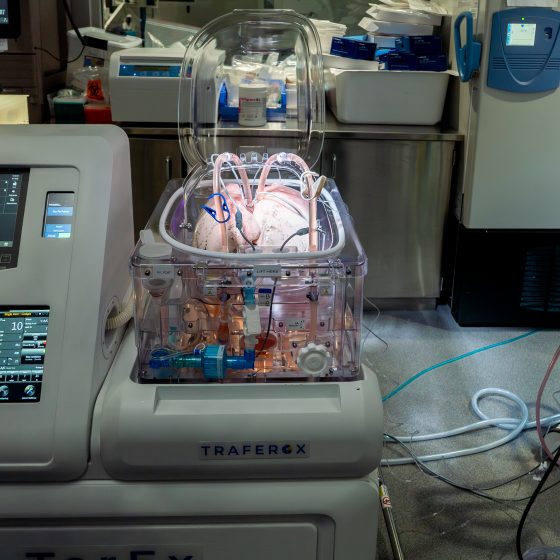
What is EVLP?
Ex Vivo Lung Perfusion (EVLP) is a profound breakthrough in biomedical engineering whereby donor lungs are preserved under typical physiological conditions—safely oxygenated and provided nutrients at normal body temperature—but outside of the body (“ex vivo”). We developed the Toronto EVLP platform, which we use clinically and for research to study the application of pre-clinical interventions to isolated organs and assess graft function before transplantation.
What is EVLP?
Ex Vivo Lung Perfusion (EVLP) is a profound breakthrough in biomedical engineering whereby donor lungs are preserved under typical physiological conditions—safely oxygenated and provided nutrients at normal body temperature—but outside of the body (“ex vivo”). We developed the Toronto EVLP platform, which we use clinically and for research to study the application of pre-clinical interventions to isolated organs and assess graft function before transplantation.
Lung Cancer
Lung Cancer is the most commonly diagnosed cancer and is the leading cause of death for both men and women in Canada. Our bench-to-bedside translational research includes computational and molecular methods to identify clinically relevant biological signatures of lung and esophageal cancer. We also focus on developing minimally invasive diagnoses and treatments for lung cancer.
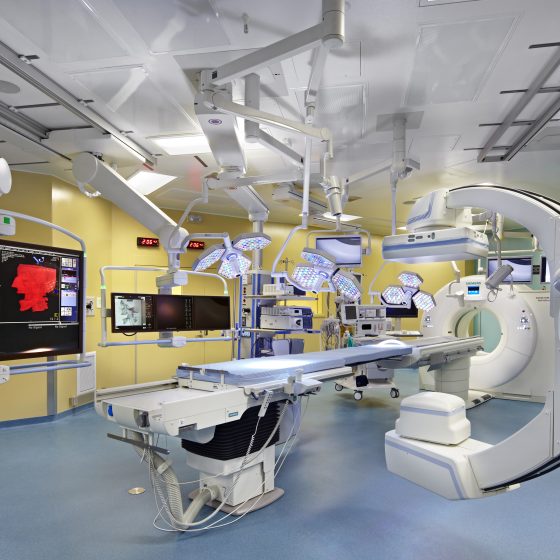
Lung Cancer
Lung Cancer is the most commonly diagnosed cancer and is the leading cause of death for both men and women in Canada. Our bench-to-bedside translational research includes computational and molecular methods to identify clinically relevant biological signatures of lung and esophageal cancer. We also focus on developing minimally invasive diagnoses and treatments for lung cancer.
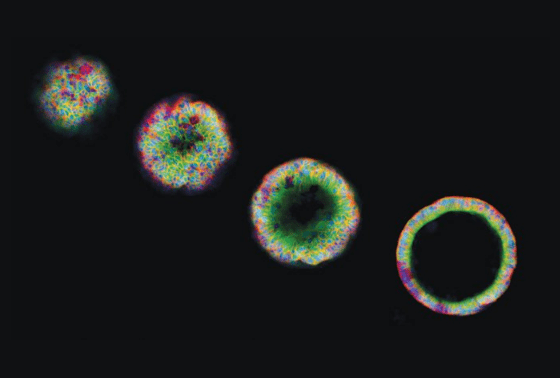
Tissue Repair and Regeneration
We study the use of stem cells and tissue engineering techniques to develop clinically translatable therapeutic approaches for organ repair and replacement. To apply regenerative medicine approaches to lung disease we need large number of cells of appropriate lineages. And for the whole organ approach, scaffolds are also needed for the cells to engraft and repopulate. As such, central to our research is the use of appropriate cell sources for use in our proposed strategies.
Tissue Repair and Regeneration
We study the use of stem cells and tissue engineering techniques to develop clinically translatable therapeutic approaches for organ repair and replacement. To apply regenerative medicine approaches to lung disease we need large number of cells of appropriate lineages. And for the whole organ approach, scaffolds are also needed for the cells to engraft and repopulate. As such, central to our research is the use of appropriate cell sources for use in our proposed strategies.
Artificial Intelligence (AI) in Transplantation
The UHN AI HUB is dedicated to advancing AI technologies and accelerating their applications in healthcare. At Latner Labs, we integrate advanced in silico research with the latest laboratory and clinical discoveries. Our state-of-the-art AI algorithms empower lung transplant teams and enhance transplant outcomes.

Artificial Intelligence (AI) in Transplantation
The UHN AI HUB is dedicated to advancing AI technologies and accelerating their applications in healthcare. At Latner Labs, we integrate advanced in silico research with the latest laboratory and clinical discoveries. Our state-of-the-art AI algorithms empower lung transplant teams and enhance transplant outcomes.

Lung Immunology and CLAD
Chronic lung allograft dysfunction (CLAD) is a leading cause of organ rejection following transplantation. By studying the pathology of CLAD, we seek to understand the mechanisms behind this complex condition and develop strategies to prevent it.
Lung Immunology and CLAD
Chronic lung allograft dysfunction (CLAD) is a leading cause of organ rejection following transplantation. By studying the pathology of CLAD, we seek to understand the mechanisms behind this complex condition and develop strategies to prevent it.
TLTP Biobank
The TLTP Biobank collects, processes, stores, and distributes tissues and biofluids from patients that have undergone a lung transplantation at Toronto General Hospital. At the TLTP Biobank, our goal is to support future collaborative research initiatives with a focus on improving recipient outcomes and expanding the number of clinically usable donor lungs.
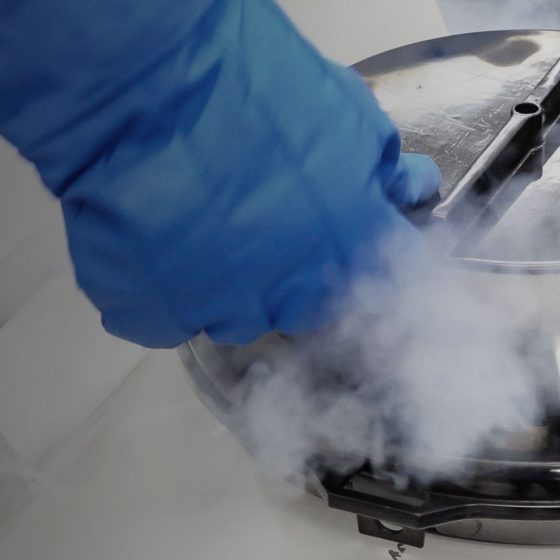
TLTP Biobank
The TLTP Biobank collects, processes, stores, and distributes tissues and biofluids from patients that have undergone a lung transplantation at Toronto General Hospital. At the TLTP Biobank, our goal is to support future collaborative research initiatives with a focus on improving recipient outcomes and expanding the number of clinically usable donor lungs.
The research at Latner Labs has played a pivotal role in many world-firsts at the Toronto Lung Transplant Program.

LAB NEWS













